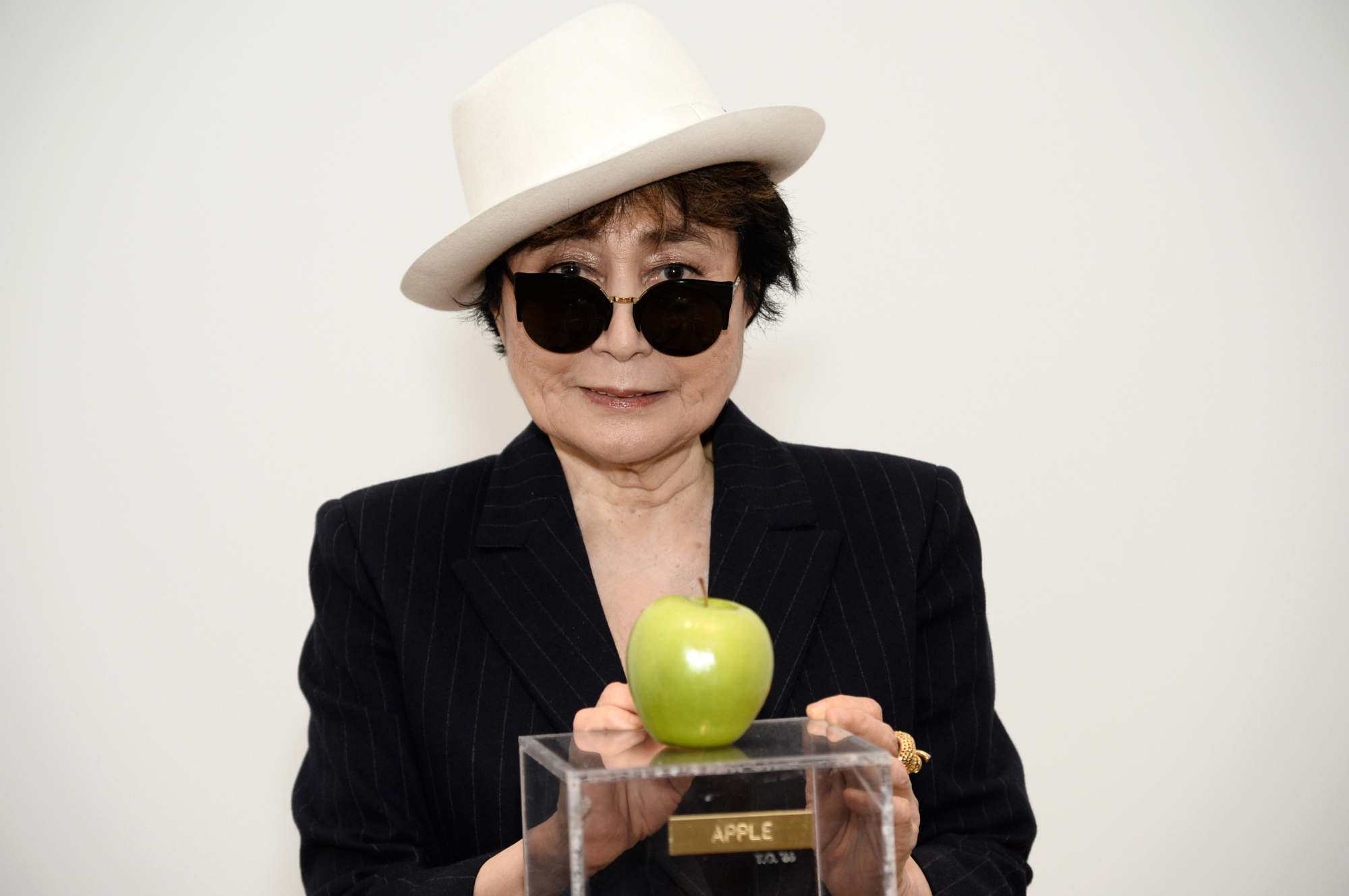The ongoing project to rerelease Yoko Ono's full catalog of 11 albums, which began in late 2016, has now reached its second stage with the release of a trilogy of early-1970s albums — taking in "Fly" (1971), "Approximately Infinite Universe" and "Feeling the Space" (both 1973) — that embody a series of tensions.
"Fly" is the most difficult of the three, but in many ways the most musically interesting. With its grindingly repetitive rhythm and looping riff, the 16-minute "Mindtrain" calls to mind another Western experimental rock band fronted by a frantically scatting Japanese vocalist: the German progressive band Can, whose masterful "Tago Mago" had been released six months prior.
And it's in European experimental acts like Can that "Fly" has its closest affinity in terms of its combination of an expansive, free-form structure with sparseness and minimalism. Where it differs from the German experimental rockers is that while bands like Can sought to expunge Anglo-American, blues-based rock 'n' roll influences from their musical vocabulary, Ono's backing band (notable guests include John Lennon and Eric Clapton) defaults to blues licks whenever left to its own devices.

















With your current subscription plan you can comment on stories. However, before writing your first comment, please create a display name in the Profile section of your subscriber account page.